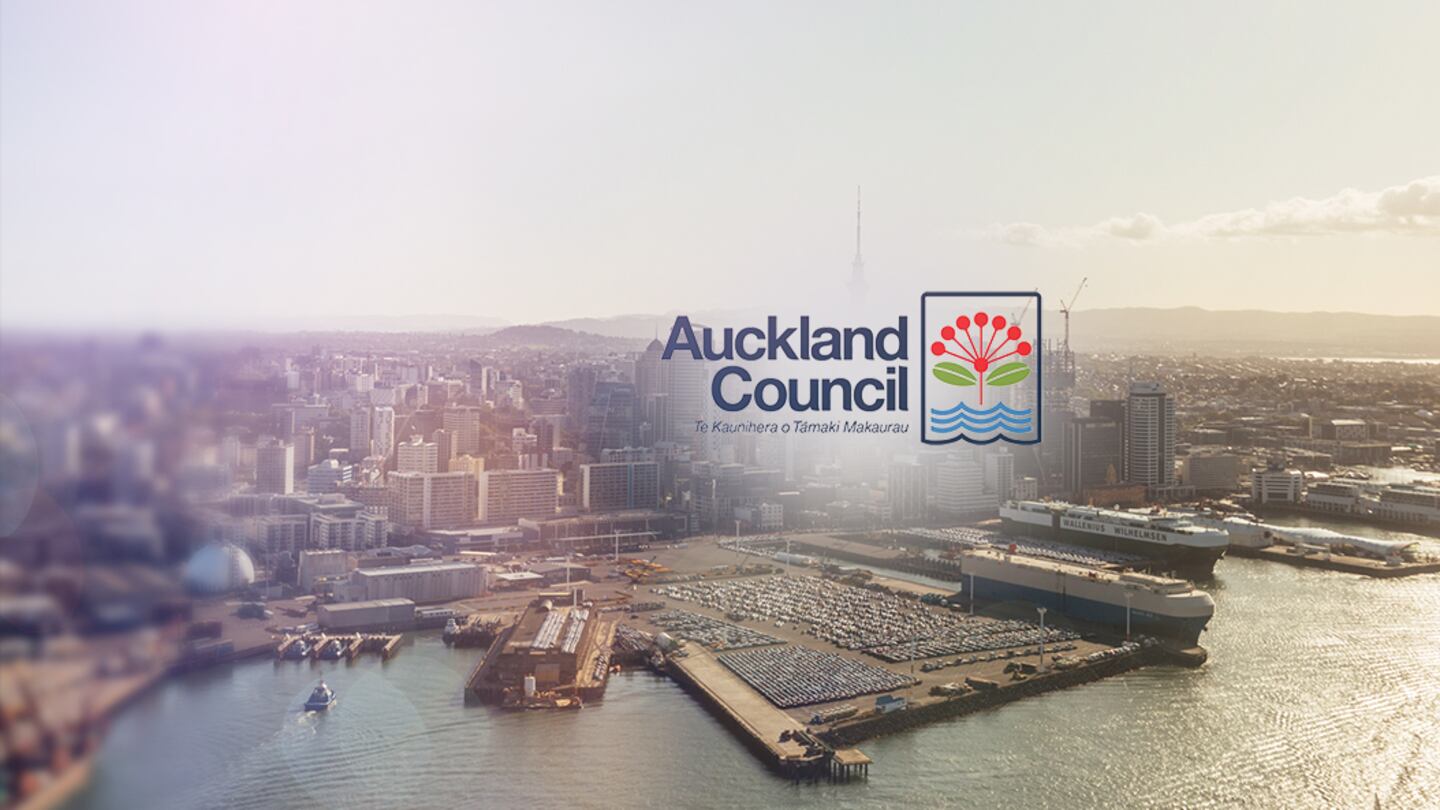Greater Wellington will establish a Māori constituency for the 2025 local government elections, following a decision at the council today.
The decision made by the regional council has the unanimous support of Greater Wellington’s mana whenua partners: Ngā Hapū o Ōtaki, Ātiawa ki Whakarongotai, Ngāti Toa Rangatira, Taranaki Whānui ki te Ūpoko o te Ika, Rangitāne ō Wairarapa and Ngāti Kahungunu ki Wairarapa.
At the same time Auckland Council, the largest in the country, backed away from Māori wards for the next local body elections 11-nine, although mayor Wayne Brown said he wanted to look at some alternative options in the future.
The council’s joint governance working party is now to do further work to consider Māori representation, reporting back to the governing body by December 31, 2024.
However, this is expected to be after the new government changes the law on Māori wards, which National has said it intends to do.
“An important step forward’
Greater Wellington’s Te Tiriti o Waitangi Komiti chair Hikitia Ropata, and Greater Wellington’s first elected Māori councillor said, “Today’s decision is an important step forward in honouring Te Tiriti o Waitangi, ensuring the voices of mana whenua and mātāwaka will be heard, embedded, and carried forward by future councils and their decisions.
“A Māori constituency creates a permanent place for a Māori voice at the regional governance table.”
The 2022 population data shows the Māori electoral population made up 8.17 percent of the Wellington Region’s total electoral population, enabling a single-member Māori constituency at Greater Wellington.
Greater Wellington chair Daran Ponter said forming a Māori constituency was the right decision.
“We are joining the many councils across Aotearoa who have welcomed a Māori constituency in recent years, as we continue to build strong, equitable partnerships with mana whenua,” Ponter says.
“We understand our obligations under Te Tiriti go beyond establishing this constituency, and we expect the councillor who represents it will help us honour those commitments.”
‘Building stronger communities’
To Helmut Modlik, Te Runanga o Toa Rangatira chief executive, the decision “is a welcome step forward in strengthening the governance of our region and nation.
“I commend Greater Wellington for their wisdom. We look forward to building stronger communities and realising the benefits of this decision together.”
On behalf of Ngā Hapū o Ōtaki, chair Denise Hapeta says, “Ngā Hapū o Ōtaki recognises the need for a greater Māori voice within council decision-making. We support the establishment of a Māori Constituency. However, we remind the council that this does not replace the bilateral relationships between ourselves and Greater Wellington.”
This sentiment is echoed by Taranaki Whānui chair Kara Dentice, who says, “Introducing Māori wards is a positive step forward in including Māori views in the nation’s decision-making process.”
“Yet, Taranaki Whānui insists this must not come at the expense of undermining Te Tiriti promises, and the bond between mana whenua and Greater Wellington.”
Kahungunu ki Wairarapa kaimahi taiao Rawiri Smith notes the positive
opportunity: “Stronger Māori representation will bring our region a wider understanding of Wellington’s region. We recognise both sides of the coin, in terms of the potential advantages and challenges of the Māori seat.”
Hobson’s Pledge’s role
The Auckland Council decision came after a strong campaign by right-wing lobby group Hobson’s Pledge against Māori wards. Group members sent over 1200 emails to councillors expressing their opposition.
A total of 11,825 individuals, 43 organisations and 17 Māori entities gave their feedback on the proposal. Local boards also provided feedback.
Those not in favour of introducing Māori seats accounted for 68 per cent of individual submissions and 54 per cent of organisations.
Support predominantly came from Māori entities (87 per cent), Māori individuals (54 per cent) and local boards (85 per cent).
A council summary of those in support said they believed introducing specific Māori representation would help address Māori inequity and honour the council’s obligations to Te Tiriti o Waitangi. Other submissions maintained Māori wards would help deliver proportional Māori representation based on population.
‘A long wait’
Opposition to Māori seats centred on equality concerns. These submitters believed everyone should have the same opportunity for representation, regardless of ethnicity, and that the current system was the most democratic.
Councillor and Māori portfolio holder Kerrin Leoni said the outcome was disappointing, especially after changes to legislation this year have finally made Māori seats in Auckland possible.
“It’s been a long wait to get this far. I had hoped for a different pathway, but this topic has generated widespread discussion and raised awareness about those core values we all hold close to our hearts – democracy, equality and fairness. That can only be a good thing.
“The next time Tāmaki Makaurau considers this decision, I expect there will be a whole lot more motivation to support change,” Leoni says.
Auckland Council’s governance services manager, Rose Leonard, said the council made a significant effort to capture Māori views and preferences, in recognition that this decision has the greatest impact and significance for Māori.
Mayor looks for ‘options’
“We canvassed the range of options that were possible under current legislation, and some that require legislative change. The difficulty is to find a solution that everyone agrees on for the process of how we can implement this effectively,” she says.
Mayor Brown said the council hadn’t yet found the right solution for Māori representation and he wanted to see more work done on alternative options for this, other than the ‘parliamentary’ and royal commission models proposed during consultation.
“This doesn’t mean Auckland Council says ‘no’ to Māori wards. We want to get this right from the start to ensure we are creating a legacy everyone in our city can be proud of.
“There are problems with current Auckland Council representations wider than just Māori seats and these all need to be considered once the new government engages with Auckland over a proposed city deal,” he says.




